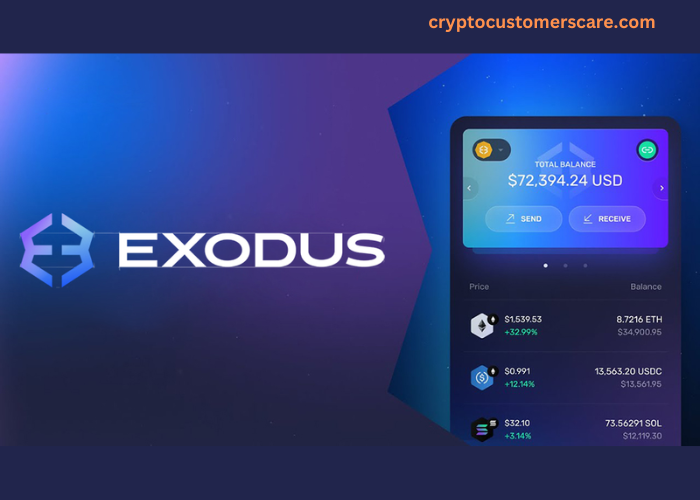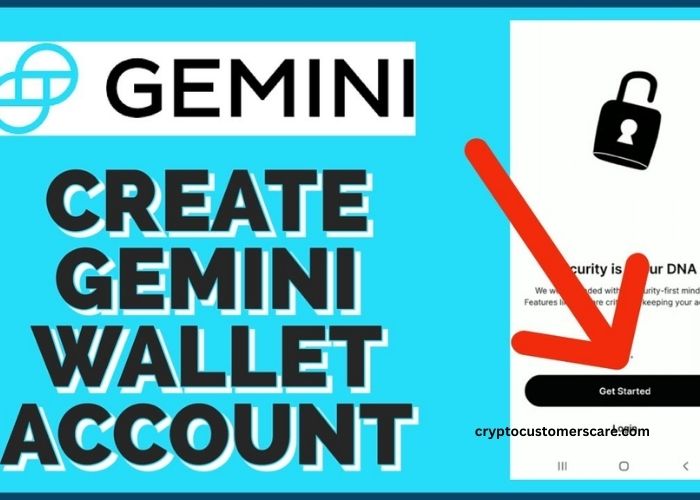Exodus Wallet has gained popularity as a user-friendly platform for managing cryptocurrencies. With its sleek interface and intuitive design, it has attracted a significant number of users. However, amidst the growing concerns over the security of digital assets, it is essential to evaluate the safety of using Exodus Wallet to secure your cryptocurrency holdings. In this article, we will delve into the various aspects of Exodus Wallet’s security, analyze its features, consider user reviews, and explore additional measures to enhance wallet safety.
Understanding the Importance of Wallet Security
When it comes to storing cryptocurrencies, security is of paramount importance. Unlike traditional banks, where depositors are protected by regulations and insurance, the decentralized nature of cryptocurrencies leaves individuals responsible for safeguarding their own assets. A compromised or insecure wallet can lead to devastating consequences, as hackers continually devise new methods to exploit vulnerabilities and steal digital currencies.
Factors to Consider When Evaluating Wallet Safety
Before entrusting your cryptocurrencies to any wallet, it is crucial to consider several factors that determine its safety. Firstly, examine the wallet’s reputation and track record. Has it been audited by reputable security firms? How long has it been in existence? A well-established wallet with a solid reputation is more likely to have invested in robust security measures.
Secondly, assess the wallet’s encryption and protection mechanisms. Look for wallets that utilize strong encryption algorithms and multi-factor authentication to ensure that only authorized individuals can access your funds. Additionally, consider whether the wallet employs cold storage, which keeps the majority of assets offline, away from potential cyber threats.
Lastly, evaluate the wallet’s community support and active development. Regular updates and bug fixes are crucial to address emerging security issues promptly. A wallet with an active community and development team is more likely to stay ahead of potential vulnerabilities and provide timely security patches.
Is Exodus Wallet Safe? Analyzing the Security Features
Exodus Wallet employs several security features to ensure the safety of users’ cryptocurrency holdings. One of its notable features is the utilization of strong encryption algorithms to protect private keys. Private keys are encrypted and stored locally on users’ devices, reducing the risk of unauthorized access.
Moreover, Exodus Wallet integrates multi-factor authentication, requiring users to provide an additional layer of verification when accessing their wallets. This significantly reduces the threat of unauthorized access, even if a user’s device is compromised.
Exodus Wallet also offers a backup and recovery feature, allowing users to easily restore their wallets in the event of device loss or damage. This feature ensures that users can retrieve their funds without relying solely on a single device.
Furthermore, Exodus Wallet employs a Hierarchical Deterministic (HD) wallet structure, generating a new address for every transaction. This enhances privacy and security by making it difficult for malicious actors to trace transactions back to a user’s wallet.
User Reviews and Feedback on Exodus Wallet’s Safety
To get a better understanding of Exodus Wallet’s safety, it is essential to consider the experiences and feedback of its users. User reviews often provide valuable insights into the strengths and weaknesses of a wallet’s security measures.
Many users commend Exodus Wallet for its user-friendly interface and seamless user experience. However, when it comes to security, opinions vary. Some users express satisfaction with the wallet’s security features, particularly the encryption and multi-factor authentication. They feel confident in the safety of their funds while using Exodus Wallet.
On the other hand, a small portion of users have raised concerns about Exodus Wallet’s centralized nature. They argue that storing private keys locally on devices may pose risks, as compromised devices could potentially expose the keys to hackers. While Exodus Wallet implements strong encryption, these concerns highlight the importance of securing devices against unauthorized access.
Tips for Using Exodus Wallet Securely
While Exodus Wallet incorporates various security features, it is crucial for users to take additional precautions to ensure the safety of their cryptocurrency holdings. Here are some essential tips for using Exodus Wallet securely:
- Use a strong and unique password: Create a complex password that is difficult to guess and avoid reusing it for other accounts.
- Enable two-factor authentication (2FA): Activate 2FA to add an extra layer of security to your Exodus Wallet. This ensures that even if someone obtains your password, they would still need the second factor to gain access.
- Keep your software up to date: Regularly update your Exodus Wallet to benefit from the latest security patches and bug fixes.
- Secure your device: Protect your device with a strong password or PIN, and consider enabling biometric authentication if available. Additionally, install reputable antivirus software to detect and prevent malware attacks.
- Backup your wallet: Utilize the backup and recovery feature provided by Exodus Wallet to create a secure copy of your wallet. Store this backup in a safe location, preferably offline, to protect against potential device loss or damage.
Comparing Exodus Wallet’s Safety to Other Popular Wallets
When evaluating the safety of Exodus Wallet, it is essential to compare it with other popular wallets in the market. Although Exodus Wallet offers robust security features, there are alternative wallets that provide additional layers of protection.
For instance, hardware wallets such as Ledger and Trezor offer enhanced security by storing private keys offline in a separate device. This significantly reduces the risk of online attacks and unauthorized access. However, hardware wallets may come with a steeper learning curve and require an additional investment.
On the other hand, mobile wallets like Trust Wallet and Atomic Wallet provide the convenience of accessing cryptocurrencies on the go. These wallets often incorporate similar security measures to Exodus Wallet, such as encryption and multi-factor authentication. However, they may lack the desktop integration and portfolio management features offered by Exodus Wallet.
Ultimately, the choice between different wallets depends on individual preferences and the level of security desired.
Additional Security Measures to Enhance Wallet Safety
In addition to the security features offered by Exodus Wallet, there are additional measures you can take to enhance the safety of your cryptocurrency holdings:
- Educate yourself: Stay informed about the latest security threats and best practices in the cryptocurrency space. Understanding potential risks empowers you to make informed decisions and take proactive steps to protect your assets.
- Diversify your holdings: Consider diversifying your cryptocurrency holdings across multiple wallets and platforms. This mitigates the risk of losing all your funds in case of a security breach or compromise.
- Use a dedicated device: Consider using a dedicated device solely for managing your cryptocurrencies. By segregating your digital asset management from everyday activities, you reduce the risk of exposing your wallets to potential threats.
- Regularly monitor your transactions: Stay vigilant by monitoring your transactions regularly. Check for any suspicious activity or unauthorized access to your wallet. Promptly report any discrepancies to your wallet provider.
Common Misconceptions About Wallet Safety
There are several misconceptions surrounding wallet safety, and it is essential to address them to make informed decisions regarding the security of your cryptocurrency holdings. Let’s debunk some common misconceptions:
- Wallets are foolproof: While wallets employ various security measures, they are not immune to attacks. The ever-evolving landscape of cybersecurity requires constant vigilance and proactive measures from both wallet providers and users.
- Hardware wallets are the only secure option: While hardware wallets offer enhanced security, software wallets like Exodus Wallet can also provide robust protection when used correctly. The key lies in implementing best practices and additional security measures.
- Wallet security is solely the responsibility of the provider: While wallet providers play a crucial role in implementing security features, users also bear responsibility for securing their devices and following best practices. A collaborative effort between providers and users is necessary for wallet safety.
Conclusion
After a comprehensive analysis of Exodus Wallet’s security features, user feedback, and additional measures to enhance wallet safety, it is evident that Exodus Wallet provides a reasonably secure platform for managing your cryptocurrency holdings. The integration of strong encryption, multi-factor authentication, and backup features contributes to its overall security.
However, it is important to remember that no wallet is entirely immune to risks. Users must take proactive steps to ensure the safety of their assets, such as using strong passwords, enabling 2FA, and securing their devices.
Ultimately, the decision to use Exodus Wallet or any other wallet depends on your individual preferences, risk tolerance, and the level of security you desire. By considering the factors discussed in this article and implementing additional security measures, you can make an informed decision about whether Exodus Wallet is the right choice for you.







